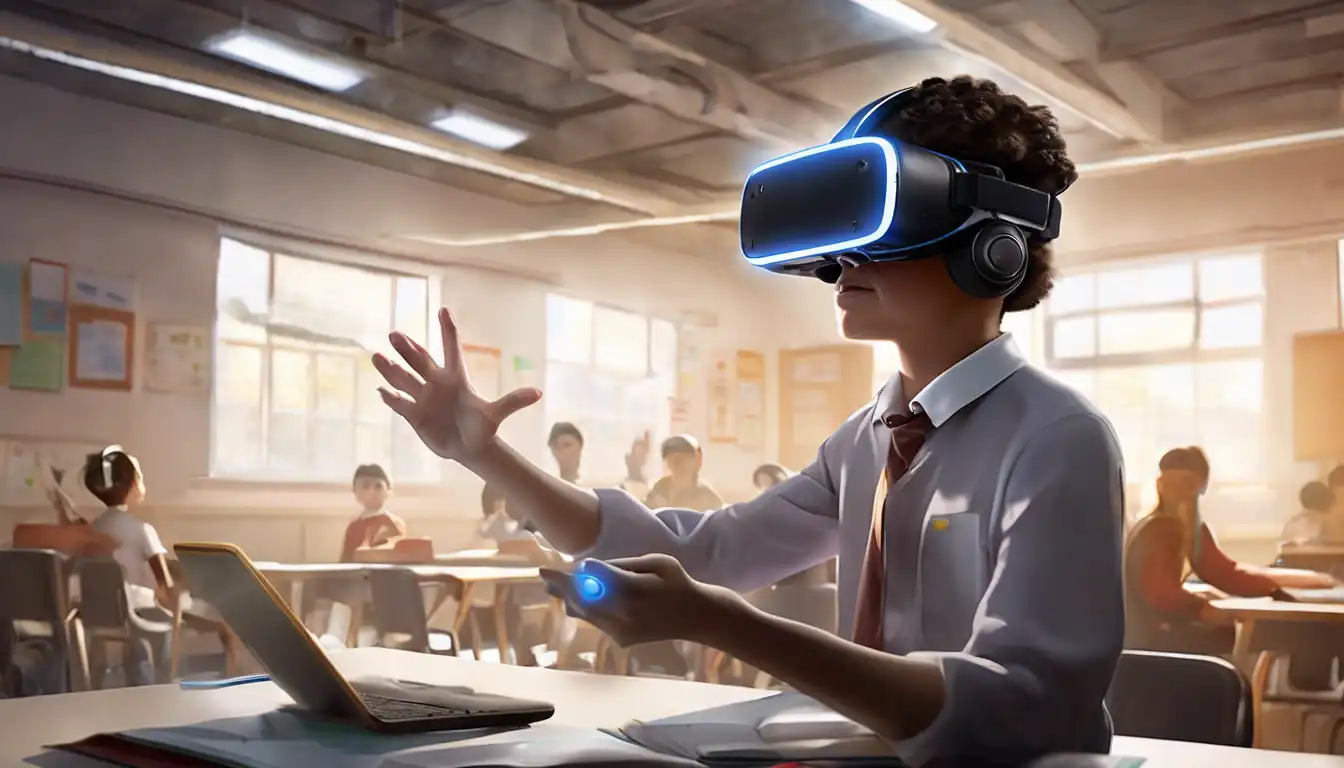The Transformative Impact of Virtual Reality on Learning and Skill Development
Virtual Reality (VR) technology has rapidly evolved from a futuristic concept into a practical tool with the potential to revolutionize education and training. By creating immersive, interactive environments, VR offers unparalleled opportunities for experiential learning, making it a powerful medium for both academic and professional development.
Why VR is a Game-Changer in Education
Traditional learning methods often struggle to engage students or simulate real-world scenarios effectively. VR addresses these challenges by providing immersive experiences that enhance understanding and retention. For instance, medical students can perform virtual surgeries, and history students can explore ancient civilizations firsthand, all within a safe and controlled environment.
Applications of VR in Professional Training
Beyond the classroom, VR is transforming professional training across industries. From aviation to construction, employees can practice complex tasks and emergency procedures without the risks associated with real-life training. This not only improves safety but also reduces training costs and time.
Benefits of VR in Education and Training
- Enhanced Engagement: VR's interactive nature captures learners' attention more effectively than traditional methods.
- Improved Retention: Experiential learning through VR leads to better memory retention and understanding.
- Accessibility: VR can bring distant or inaccessible environments to learners worldwide, democratizing education.
- Cost-Effectiveness: Virtual simulations reduce the need for physical materials and travel, lowering training expenses.
Challenges and Considerations
Despite its potential, VR in education and training faces hurdles such as high initial costs, the need for technical expertise, and concerns over prolonged use. However, as technology advances and becomes more affordable, these challenges are gradually being overcome.
The Future of VR in Learning
The future of VR in education and training looks promising, with ongoing advancements in technology and pedagogy. As VR becomes more integrated into curricula and training programs, its potential to enhance learning outcomes and skill development is limitless.
For more insights into the latest trends in e-learning, check out our e-learning trends article.
